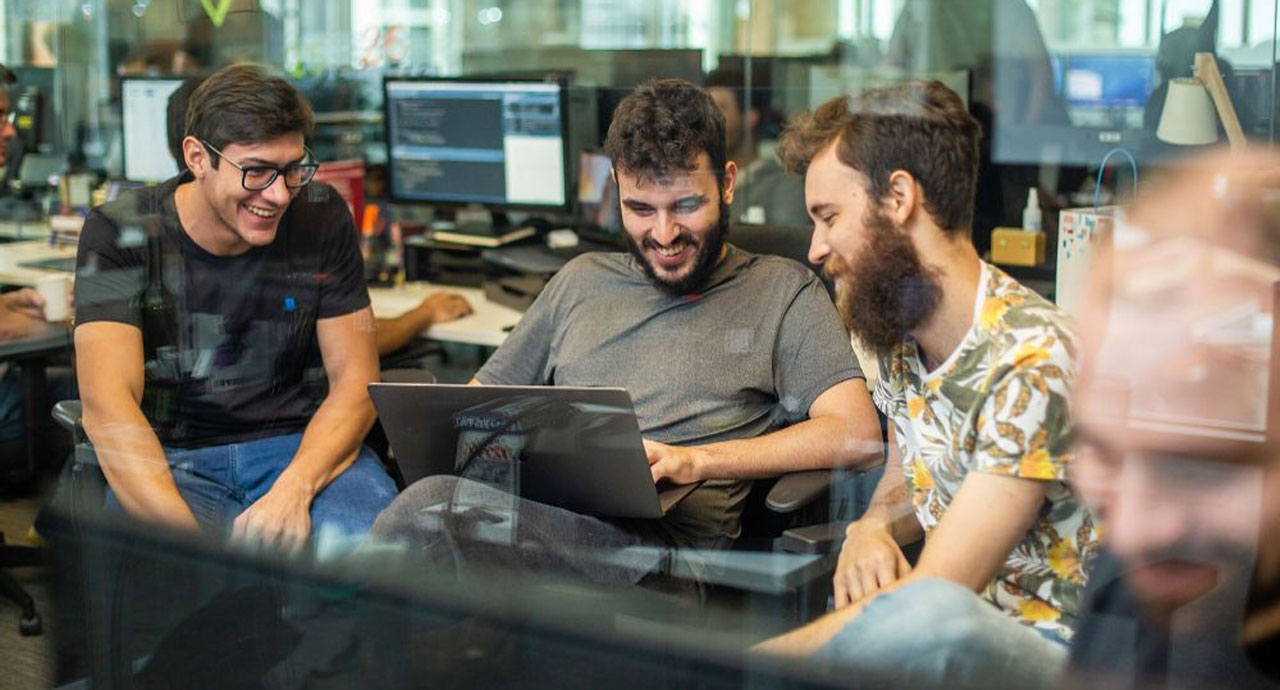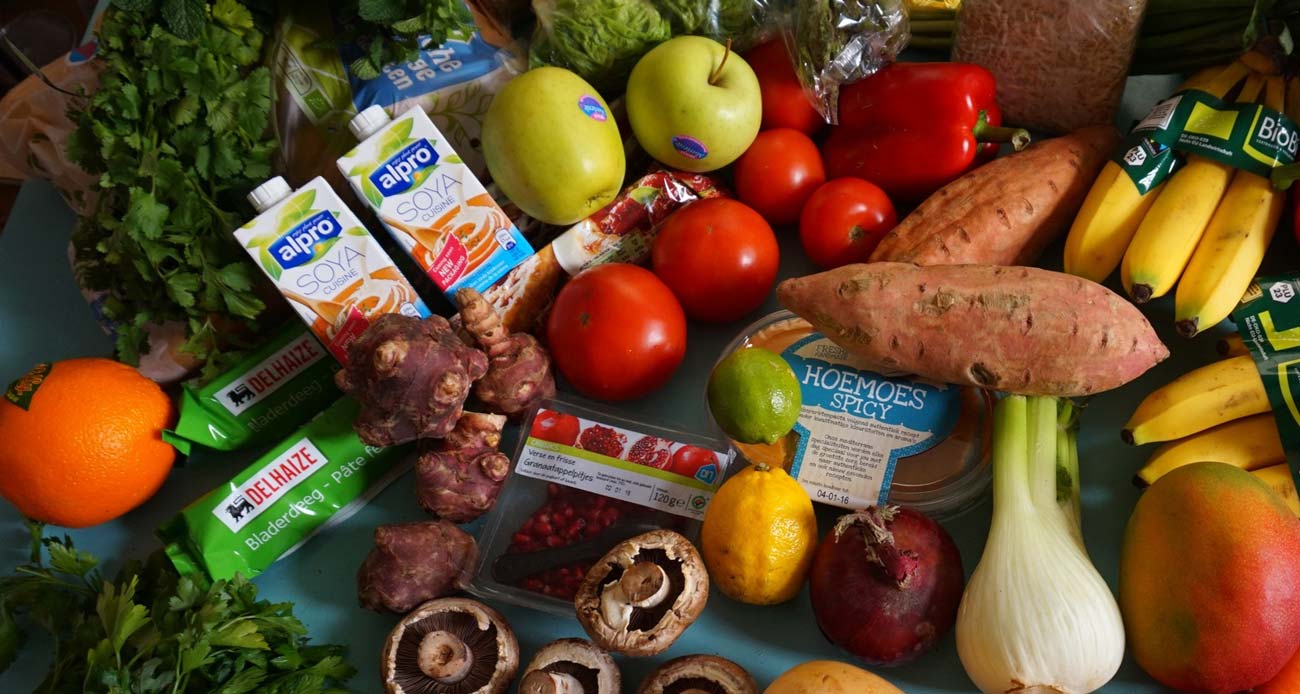Contxto – Wildlife Studios has raised US$120 million in what is just barely its Series B. The round was led by the US fund Vulcan Capital.
I say “barely” because, as you know, this scaleup surprised us many recently with the news that it had achieved a valuation of over US$1 billion. We were all blindsided by the dark horse that became a unicorn.
Now, the company has a valuation of US$3 billion. That’s after having only raised US$180 million between its Series A (US$60 million) and B rounds. Not a bad ratio there.
The company has had a consistent organic growth of approximately 70 percent per annum since it was founded.
Now, 2020 is looking like another bumper year for Wildlife. The company has released two new games, Tennis Clash and Zooba. They have reached more than 2 billion downloads globally.
Wildlife University?
The question is, if it’s worth so much, why bother with a Series B round?
The answer to that can be read between the lines of how this investment is to be used.
On paper it all looks very bog-standard:
The money will be poured into the acquisition and development of talent. The idea is to move the scaleup further into the realm of mobile gaming.
“Unlike other game companies that raise funds to buy titles, we will use most of this round’s resources to increase our creative power,” says Arthur Lazarte, co-Founder at Wildlife.
So far so normal for a game developer. But the vision of the Lazarte brothers—co-Founders of Wildlife—clearly veers towards something more ambitious.
Their aim is to become a creative hub to the empowerment of game developers. Or in Victor, the other Lazarte brother’s, words:
“A talent pool in the mobile games industry… We have entrepreneurial DNA and, with this new round of investment, we also want to become a platform for the best developers.”
These more educational goals should be seen in the context of the Founders’ other projects beyond Wildlife.
The brothers recently donated money to found and maintain the São Paulo Open School. A nonprofit primary education project that currently serves 70 students from disadvantaged communities. It plans to recruit 150 students by 2021.
Investment trends confirmed
This Wildlife investment, despite being “just” a Series B, confirms an investment trend towards heterogeneity in the post-pandemic world:
As the new normality establishes itself, the number of small investments—hedging their bets—will recover and the investment in safe bets—large, established scaleups—will continue.
That is what we have seen these past months with Auth0, now Wildlife and, we believe, also with Nu (although that Series G round has not yet been confirmed).
-AG







